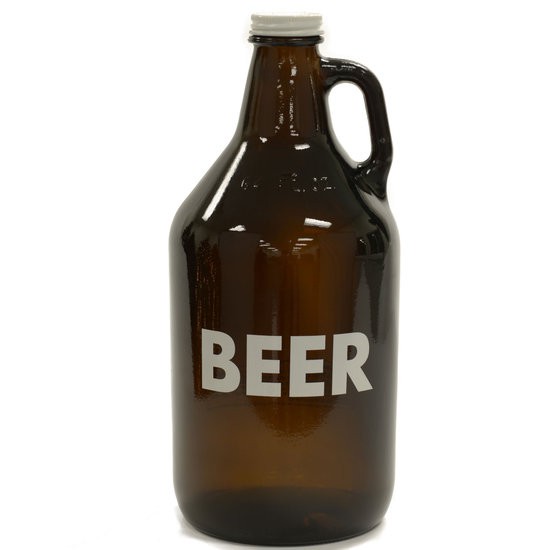As noted back in January, Georgia’s craft beer breweries and wholesalers reached a truce, resulting in the new rules taking effect just in time for Memorial Day holiday weekend:
- Georgia Breweries can now offer visitor tours at different prices based on the quantity and type of beer offered as “free souvenirs”
“The Georgia Craft Brewers Guild is deeply appreciative of the work the Department of Revenue did in getting these regulations written and approved,” Guild executive director Nancy Palmer said. “Today breweries across the state can now use social media to talk about where their products are sold, and they can charge whatever prices they see fit for their tour and tasting packages, including tours with to-go souvenirs.”
For now, Georgia craft beer fans will have to wait to get their growlers filled directly at the brewery. It remains illegal for Georgia’s 52 breweries to sell beer directly to consumers. Breweries, like liquor distilleries, must sell their product to wholesalers, who then sell it to retailers.
Original Article can be found here; thanks to the Atlanta Journal-Constitution.
